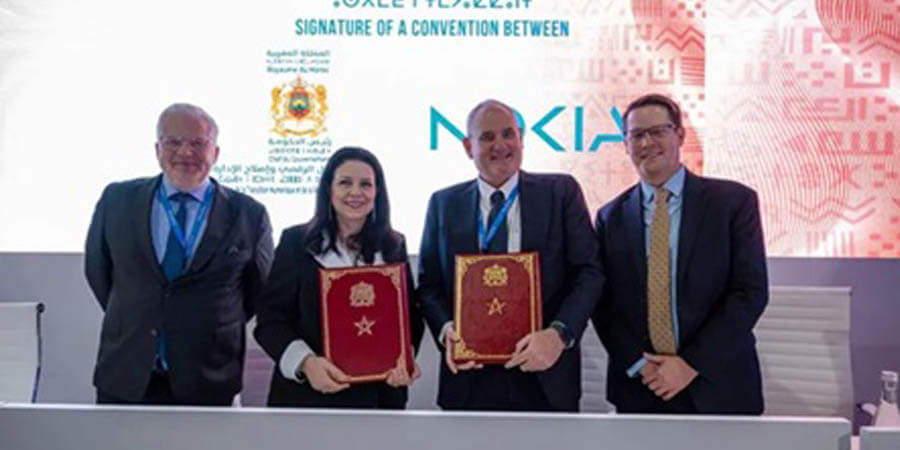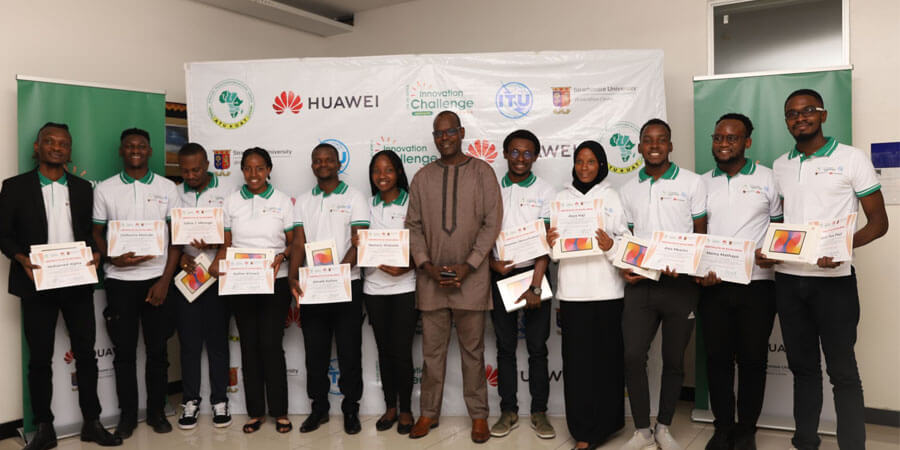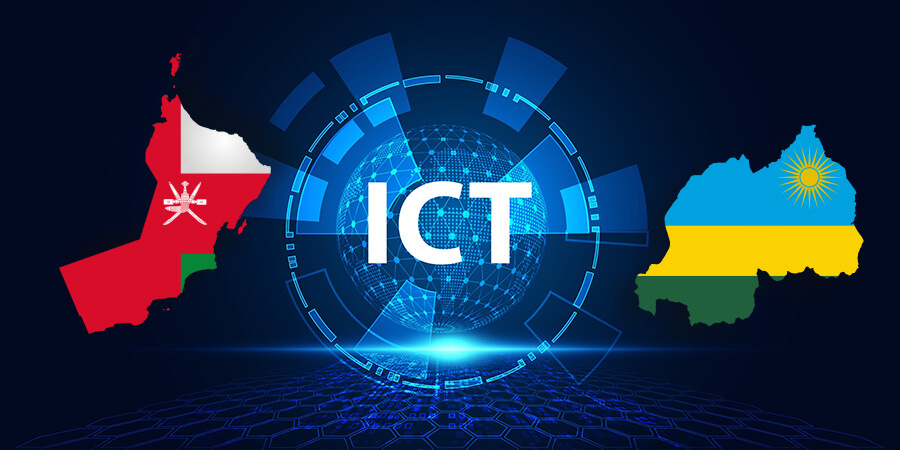The International Telecommunication Union (ITU) has released a critical report that underscores Africa’s ongoing struggle with digital access. According to the latest findings, only 38% of the continent’s population is online in 2024, marking Africa as the region with the lowest internet usage rate globally. This is a stark contrast to the global average of 68%, highlighting the significant digital divide that persists across the continent.
Past Report: Sub-Saharan Africa’s State of Connectivity as of 2024
The ITU has identified several key barriers contributing to this disparity. One of the most prominent challenges is the high cost of internet services, which remains prohibitive for a large portion of Africa’s population. In many cases, high connectivity expenses place the internet beyond the reach of many individuals and communities, particularly in rural areas.
In addition to cost, the report also found that there’s a critical shortage of digital skills among the population. This lack of technical knowledge and access to digital literacy programs has created a significant gap in the ability to fully leverage online opportunities, whether for education, business, or communication.
Read More: G6 Operators Tackle Handset Affordability to Bridge Africa’s Digital Gap
Moreover, inadequate network infrastructure has exacerbated these issues, making it difficult for many regions, especially rural areas, to access reliable and high-speed internet. As a result, large segments of the African population remain disconnected, unable to participate in the digital economy or benefit from the opportunities that the internet provides.
Addressing these challenges will require a concerted effort from governments, private sector players, and international organizations. With increased investment in infrastructure, more affordable internet access, and widespread digital literacy initiatives, Africa can start bridging this digital divide and unlock its vast potential.






